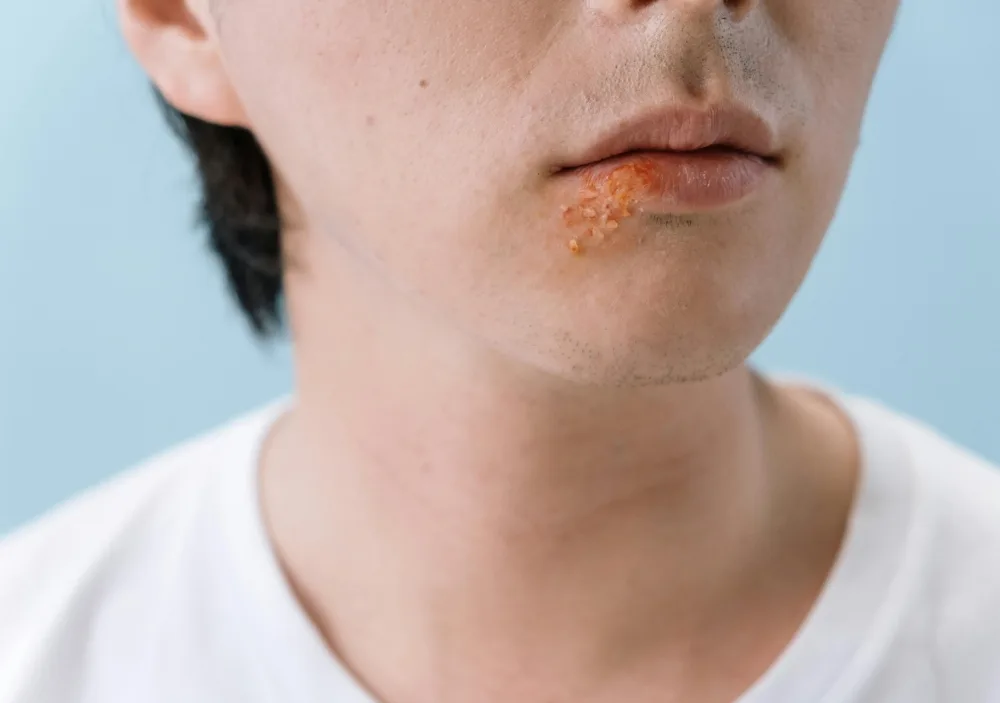
Cold sores, also known as fever blisters, are painful, fluid-filled lesions caused by the herpes simplex virus (HSV). They often start with early symptoms like tingling, itching, or a burning sensation, followed by blisters that crust over. Cold sores usually appear when the immune system is weakened due to stress, illness, or other factors like high fever. Though they are contagious and may recur, especially during times of illness or stress, antiviral treatments can help manage outbreaks. Early intervention can reduce the severity and duration of symptoms. While cold sores are generally harmless in healthy adults, they can cause discomfort. Proper care and preventive measures can help manage symptoms and reduce the risk of spreading the virus.

Treatment for cold sores typically includes oral antiviral medications. These medications help speed up healing, reduce symptoms, and prevent the spread of the herpes simplex virus (HSV). Taking antivirals at the first sign of symptoms, like tingling or itching, can reduce the outbreak’s duration. In addition to antivirals, over-the-counter creams or ointments can alleviate pain and discomfort. Pain relievers can also relieve muscle aches and inflammation. Early treatment and care are essential for managing cold sores, minimizing symptoms, and reducing outbreaks. Consistent antiviral therapy and lifestyle changes help manage the condition and prevent recurrences.
A1: Yes, cold sores are contagious, but they can be managed with proper precautions to prevent spreading the virus.
A2: Yes, antiviral medications and topical treatments can significantly reduce the severity and duration of cold sores.
A3: Yes, cold sores often heal on their own within 7 to 10 days, although treatment can speed up recovery.
A4: While the herpes simplex virus remains in the body, cold sores can be managed and often go away after each outbreak.
A5: Yes, stress is a common trigger for cold sore outbreaks, but managing stress through relaxation techniques can help reduce the frequency.
A6: Cold sore outbreaks can be reduced by avoiding triggers such as sunlight, stress, or illness and using antiviral creams at the first sign of symptoms.
A7: Yes, some natural remedies, such as aloe vera or lysine supplements, may help soothe symptoms and support healing.
A8: Cold sores are generally not harmful to overall health, but frequent outbreaks may require medical attention to manage symptoms.
A9: Yes, but it’s important to avoid close contact with others, especially newborns or individuals with weakened immune systems, to prevent transmission.
A10: Yes, antiviral medications prescribed by a healthcare provider can help prevent recurrent cold sore outbreaks by reducing the frequency and severity.
Klarity Skin Clinic, M – 69, First Floor,
M Block Market, Greater Kailash II, New Delhi 110048
Copyright © 2025 All Rights Reserved.
Klarity Skin Clinic is Unit of Acara Wellness Private Limited.